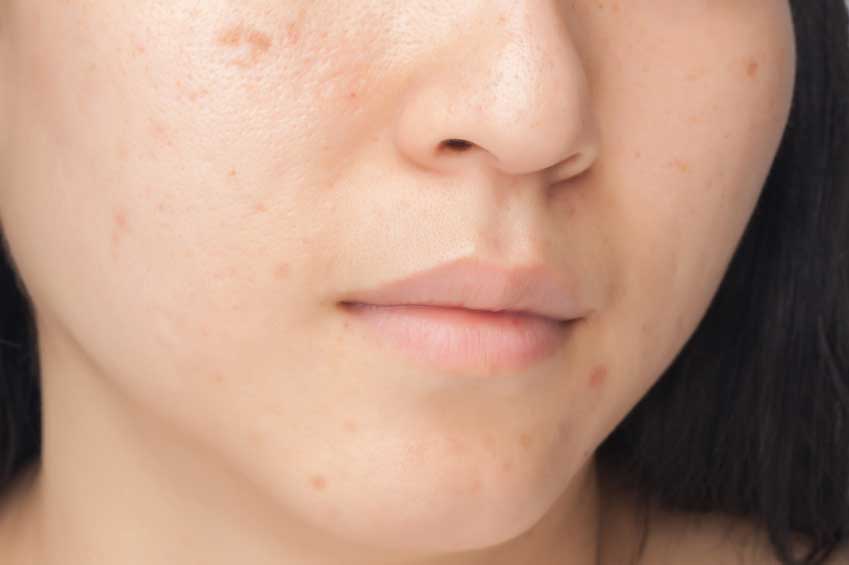Studies have proven that healthy bacteria benefit the body in more ways than one. While we typically associate healthy bacteria with a fully functional digestive tract, researchers are claiming that science proves there are more benefits.
Good bacteria, or probiotics, help to prevent particular skin conditions. Whether through dietary supplements or food, probiotics help our bodies function effectively. Probiotics, according to scientists, help to create a wall of healthy bacteria that reduces inflammation in the digestive tract. Such inflammation is what triggers certain skin conditions such as acne and rosacea.
According to research conducted by Dr. Whitney Bowe of Mount Sinai Medical Center in New York City, topical probiotics are beginning to show promise to help ease skin conditions. Topical probiotics can be directly rubbed onto the skin, and many different manufacturers are currently working on different types of products. Even though further research must be conducted, it is very possible that probiotic moisturizers, cleaners, exfoliants and lotions may very possibly be in the near future.
Dr. Bowe claims that consuming probiotics, whether through food or supplement, is not enough to simply cure skin conditions; however, in combination with other treatments, probiotics can help ease various skin conditions. Typically, Dr. Bowe suggests that her patients who suffer from acne or rosacea to ditch the antibiotics and opt for probiotics instead. Probiotics can easily be found in foods like kefir (a fermented milk drink), yogurt or even a supplement.
Some of Dr. Bowe’s patients have been rubbing Greek yogurt on their skin around once a week to see if this has any effect. Dr. Bowe claims that her patients were pleased with this easy self-made mask, and while there is no scientific evidence to prove this finding—yet, the patients’ differences in their skin are all they claim they need.
Here are the four skin conditions that can be helped by probiotics:
1. Eczema. Scientists from Finland examined pregnant women and their various side effects from a probiotic-rich diet. They recorded that the probiotics helped lower the likelihood of offspring having the skin condition, even when genetics were working against them. Other studies revealed that infants as young as seven days old already project their likelihood of developing eczema before they turn one.
2. Rosacea. Rosacea is an inflammatory skin disorder that causes redness on the cheeks, chin, nose and forehead. It also causes small pimples and bumps on the skin. Dr. Bowe claims that probiotics, paired with medication, can reduce the facial redness associated with rosacea. In addition to reducing the redness, probiotics can also help strengthen the skin to fight against burning and dryness.
3. Anti-Aging. Dr. Bowe claims that while more research should be done into the field, the concept of probiotics to protect against visible aging signs is promising. According to the reputable doctor, probiotics include a protein that helps build collagen and improve texture and tone. In addition to these positive effects, probiotics also are claimed to help hydrate the skin and reduce the appearance of fine lines and wrinkles.
4. Acne. Many different studies are beginning to connect probiotics such as B. bifudum Lactobacillus and L. acidophilus with improving the appearance of acne. As opposed to antibiotics, probiotics include many different strains that help in a more effective manner. Research done in Korea, Italy and Russia have concluded that probiotics obtained from food along with standard acne medications help to clear acne, and also ease patients’ discomfort caused by taking acne treatment with antibiotics. According to the doctor, probiotics help create a protective shield on the skin that helps keeps pimple-causing bacteria free from the skin, causing inflammation and aggravating the body’s immunity. Dr. Bowe also claims that probiotics can help skin lesions.
Don Colbert, M.D., is board certified in family practice and in anti-aging medicine. He also has received extensive training in nutritional and preventive medicine, and he has helped millions of people discover the joy of living in divine health.
For the original article, visit drcolbert.com.
See an error in this article?
To contact us or to submit an article





















